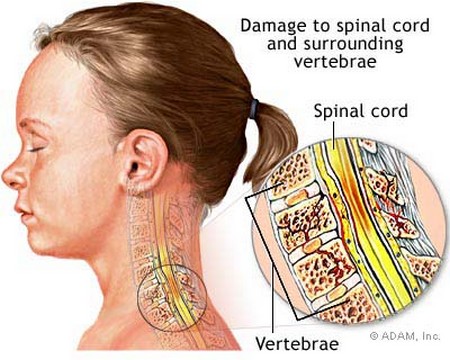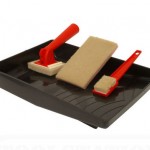Managing bowel and bladder control is a skill a child learns gradually. It cannot be acquired until the nervous pathways are properly developed. Control rarely begins before the age of fifteen to eighteen months, and sometimes very much later. Some time during the second year of life a child recognizes the connection between the sensation of passing urine and faeces and the result. Control can then be learned.
Bowel control
A child’s awareness of a full rectum and full bladder probably occurs at about the same time, but it is easier to “hold on” to a full rectum and bowel control is therefore likely to be achieved first. When the child makes his special movements or sounds, suggest sitting on the potty. Never force the child but let him develop at his own speed. Keep everything low key, but praise him when the desired result is achieved.
Bladder control
This is more difficult to learn and takes longer. If the child is dry after an afternoon nap, suggest sitting on the potty for a short while. Congratulate success. As soon as he is dry for reasonable lengths of time start leaving off napkins and use plastic-backed, terry towelling trainer pants, which are easy to take down in a hurry. A sudden clenching of the buttocks or standing rigid with crossed legs are usual signs of urgent need of the potty. There will be frequent puddles and accidents in the beginning. Treat these with sympathy and mop up with the minimum of fuss or the potty will be associated with tension and failure. The child may need napkins at night for a year or so and many children are occasionally wet at night until they are five. If this continues, it is advisable to consult the doctor or health visitor. When a child is ill he will often regress and temporarily lose control.



